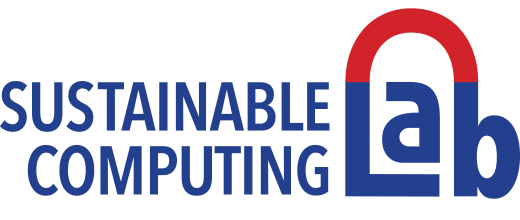The full title of the project is “THE EMERGING APPLICATION OF BLOCKCHAIN-BASED TRACEABILITY TECHNOLOGIES IN ONLINE SHOPPING: A HUMAN-CENTRIC EVALUATION“.
RESEARCH BACKGROUND
Development of traceability systems can be considered as an effective means of product quality and safety management and control, which can be used in supply chains. In the recent years, the emerging technologies such as Blockchain have been increasingly applied for development of traceability systems (see e.g. IBM Food Trust [1] that offers traceability for food supply chains). Besides the business value of this technology for companies, adoption of such technologies will make it possible for the developers of online shops and e-commerce platforms to provide end-users (customers) with thousands of new types of data regarding the offered goods. For example, customers can be informed regarding the exact origins of the goods, the situation under which the goods have been produced, their transportation routes, their ecological footprints, and the people or companies who have been involved in the production and transportation of the goods.
GENERAL RESEARCH QUESTIONS
The traceability systems such as IBM Food Trust are emerging systems that have not been yet widely used. But, it is predictable that the online shops that use the emerging blockchain-based traceability systems can not only provide customers a huge amount of detailed information regarding the goods, but also can use Semantic Web or other AI-based approaches to show customers many different inferred environmental or socio-economic information related to each and every offered good. However, it is not clear how this potential change in the design of online shops would influence the behavior of the customers:
Firstly, how do people process these new types of information attached to an old product? As it was mentioned before, by using blockchain technology, a colossal amount of data will be produced at each step of production and delivery of a product to end customer. Understanding the customers’ perception of new data is essential in many contexts.
Secondly, how do customers incorporate the new type of data into their previous beliefs? It is possible to provide new data for a known product that people commonly use. The usual usage of a product establishes a consistent image of the product in customers’ mind. The question is how (and whether) this consistent image will be changed based on the new type of data provided by the traceability technologies.
Thirdly, which parameters are involved in a more accurate prediction of the customers’ decision? Does customers’ behavior in one category of products create a suitable model to explain their behavior in other categories? What is the difference between customers in confronting the new piece of information?
Last but not least, which data should be shared with the customers to support their socially responsible decision making (e.g. buying environmentally friendly goods)? And how the data should be demonstrated? What about the cases of conflicts between the financial benefits of customers (e.g. cheaper products) with the environmental and ethical factors?
[1] https://www.ibm.com/blockchain/solutions/food-trust
